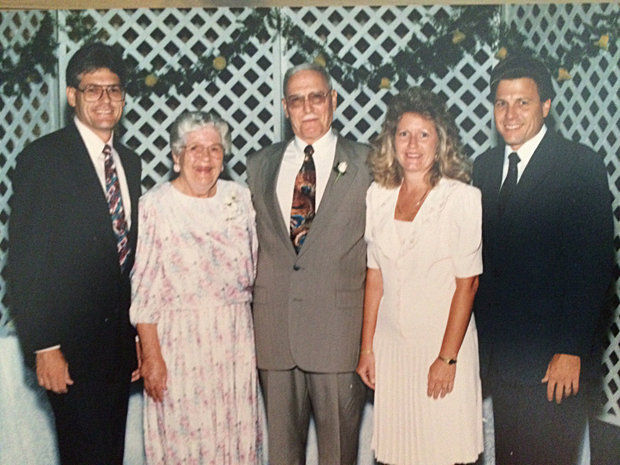The wartime correspondence between families during the Second World War is one of the ways the historians of today learn about how the war affected civilians as well as their loved ones who served. After decades without being opened a surviving member of the Sensabaugh family intends to open one particular example of such wartime correspondence to read a letter which was written and addressed to her grandparents.
It all began when the postal service in Muskegon, MI, requested information on the addressee of a letter they had in their possession from the Second World War. The modern family of the intended recipient was traced all the way to Florida, to the granddaughter of those meant to receive the wartime correspondence back in 1945. It took hundreds of people assisting the postmaster for the connection to be made, and when all was said and done the letter was sent to Nancy Sensabaugh Baker. They relied on social networking for a great deal of the information they received on how to find her.
Baker was not too shocked at the letter’s delivery, for she was contacted prior to its arrival by friends on the same social networking sites used to help the post office find the proper recipient. The wartime correspondence was intended for her grandparents in Michigan, the parents of her father who served in the Navy during the Second World War. There was nothing about the letter, however, to help her guess what was inside, the Michigan Live reports.
While she may not know exactly what it is she can expect to read when she opens the letter, Nancy Sensabaugh Baker does have some slight recollection of the sender. She only knew the name, Myron Cook, but recalls that he knew her grandparents to some degree. The wartime correspondence now in her possession may say just about anything as far as she knows, but she is excited to see a part of her family’s history. Aside from the text itself, she is also uncertain as to why it took so long to deliver.
Wartime correspondence provides a window into the past, and for Nancy Sensabaugh Baker it is a much more personal affair than for the average reader of such documents. With numerous WWII anniversaries occurring this year, as well as the WWI centenary, such wartime correspondence has been frequently digitized and made publicly available. As of yet, the letter’s new recipient has said nothing of her plans for the letter once it arrives.
